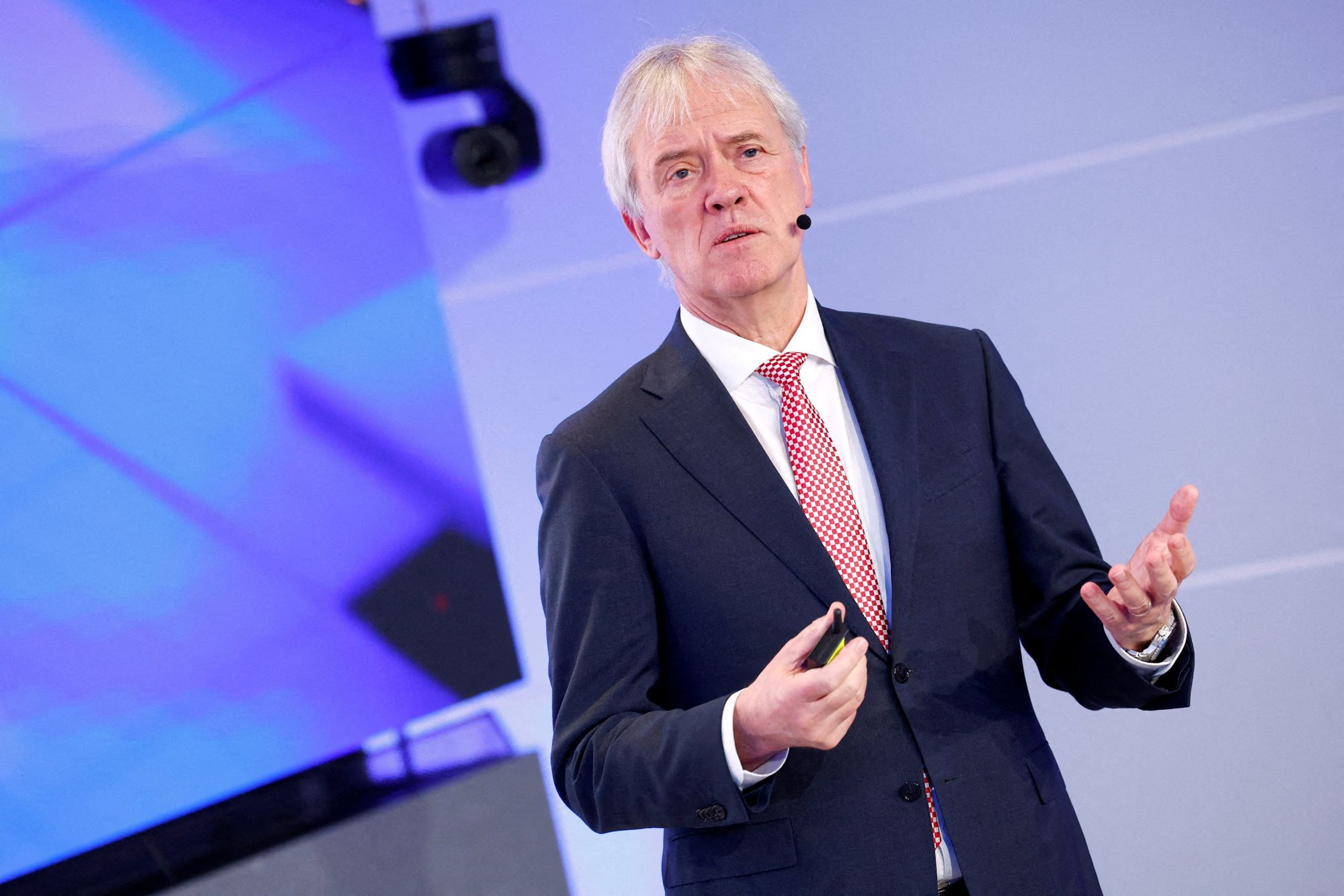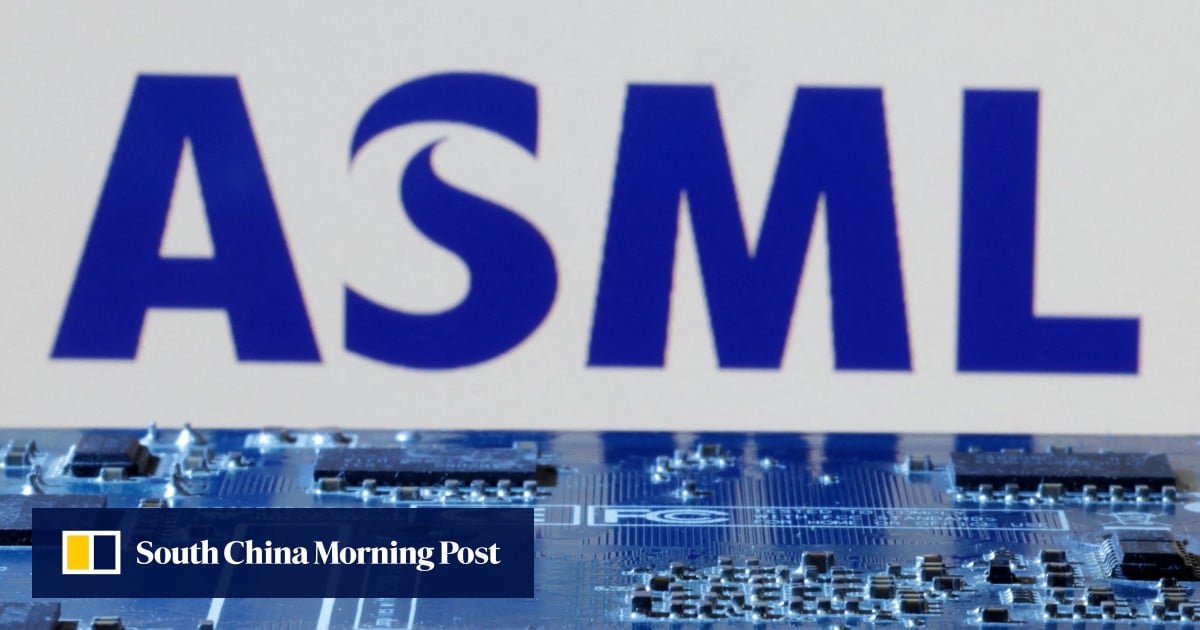China’s strong demand for chip-making tools bolstered revenue at Lam Research and ASML in 2023 despite the imposition of tough US trade sanctions, according to the latest financial results from the semiconductor firms.
US etching and deposition tool giant Lam Research saw sales to mainland China contribute 40 per cent of its total revenue of US$3.76 billion in the December quarter, ahead of South Korea with a 19 per cent share and Japan with 14 per cent.
The contribution from China to Lam Research’s revenue came in at 48 per cent during the September quarter and 26 per cent in the June quarter last year. In the March quarter, the mainland and South Korean markets each accounted for 22 per cent of revenue, according to Lam Research’s financial statements.
Meanwhile, Netherlands-based ASML, the world’s top lithography system maker, saw China-bound shipments make up 39 per cent of its total system revenue of 5.7 billion euros (US$6.2 billion) during the December quarter, ahead of Taiwan, Japan, and South Korea. This was slightly down from a China contribution of 46 per cent in the third quarter, according to results published this week.
China demand has proven resilient despite over a year of intensified US sanctions that aimed to cut off the country’s access to advanced semiconductor equipment on national security grounds.
ASML blocked from shipping chip-making equipment to China ahead of deadline
ASML blocked from shipping chip-making equipment to China ahead of deadline
Foreign-owned chip foundries may also have contributed to strong demand on the mainland due to several large manufacturing bases there. Taiwan Semiconductor Manufacturing Co, the world’s top contract chip maker, and South Korean memory chip makers Samsung Electronics and SK Hynix, have been granted waivers to import equipment for their mainland-based foundries since US sanctions were issued in October 2022.
“China will remain a key market for global semiconductor tool makers,” said Gary Ng, senior economist for Asia-Pacific at investment bank Natixis. “However, the increased sanctions will make [global] foundries consider a more balanced approach in terms of locations, to add capacity in future.”
ASML’s system sales to China in the December quarter were bruised by US sanctions that kicked into effect in November. ASML’s management said on Wednesday that its advanced immersion deep ultraviolet (DUV) lithography systems – including the 2000i, 2050i, 2100i, 1970i and 1980i – can no longer be shipped to China and this cut 15 per cent from its China system sales last year.

US export control updates announced in October 2023 set a higher bar than Dutch export controls that became effective in September and ASML has said it will abide by the new rules.
Despite the increased impact of sanctions, system purchases by China-based customers accounted for 29 per cent of ASML’s total system sales of 21.9 billion euros in 2023, up from 14 per cent in 2022, underlining continued strong demand.
“[Demand from China] was solid last year, we expect it to be solid this year,” said ASML CEO Peter Wennink, adding that “the majority of sales to China [in 2023] was mainly the execution of orders already there by the end of 2022”.
ASML had a lead time of around 18 months by the middle of 2023, which means that equipment shipped in the fourth quarter would have been ordered in the second or third quarter of 2022, according to Jan-Peter Kleinhans, director of technology and geopolitics at Stiftung Neue Verantwortung, a Berlin-based technology policy think tank.
Separately, China spent US$58.8 million in the September-to-December period importing 10 step-and-repeat lithography systems for integrated circuit manufacturing from the Netherlands, down 47 per cent in volume and 72 per cent in value terms from the same period a year before, Chinese customs data showed.
China’s imports of a different type of chip tool – used to remove unwanted photoresist from exposed wafers – from the Netherlands soared 667 per cent in the September-to-December period to US$3.85 billion.

